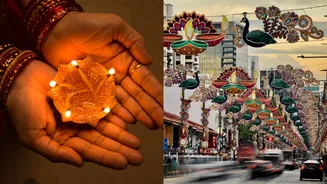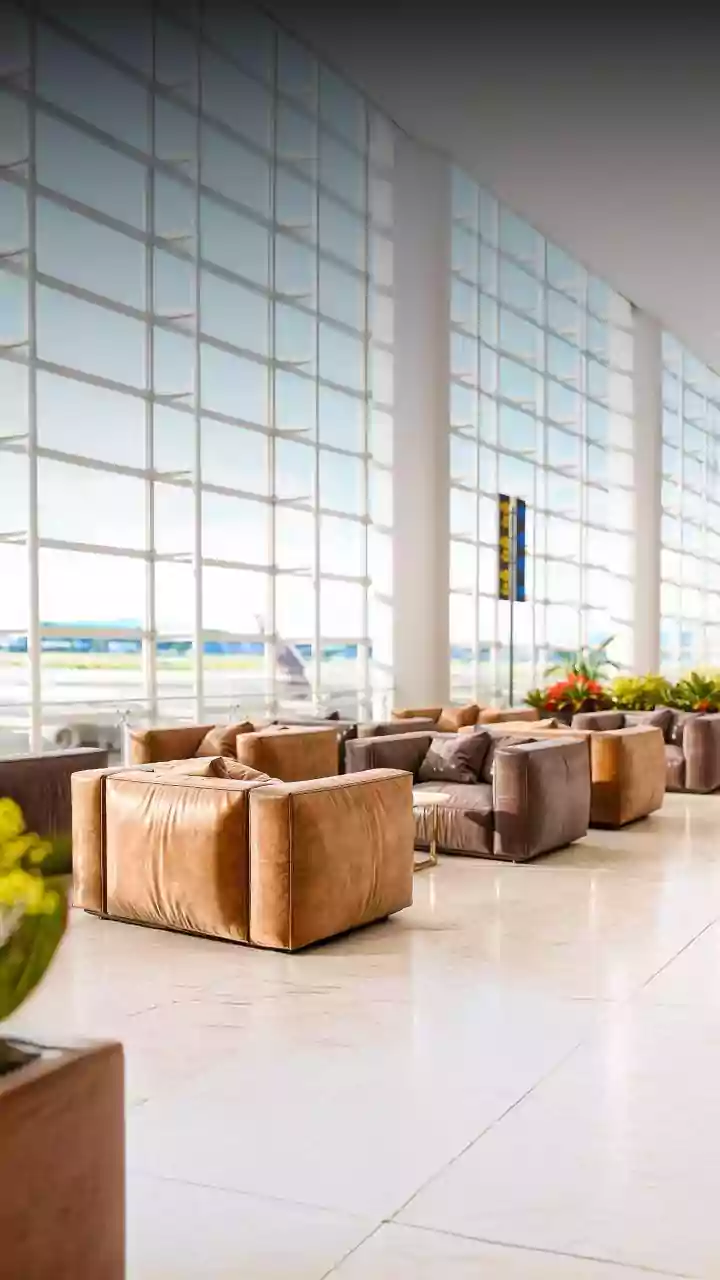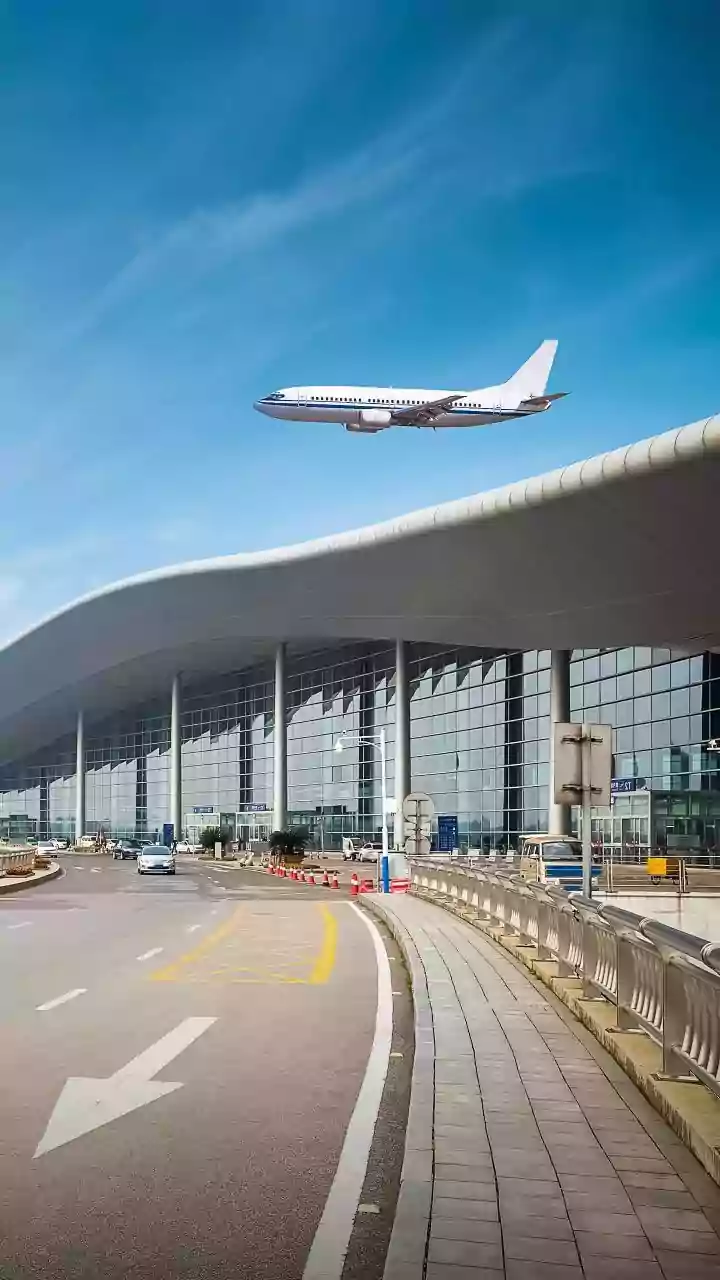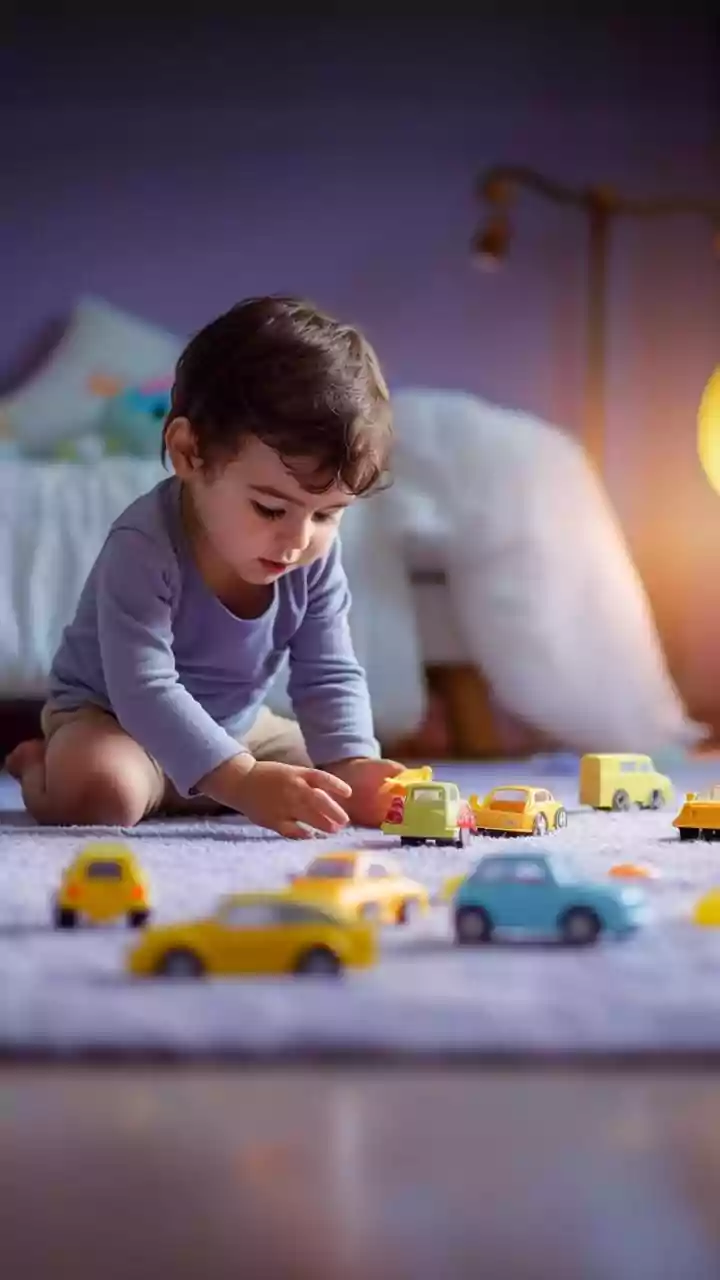Diwali, a famous Indian festival, has become a worldwide celebration. It is a symbolic representation of the triumph of light over darkness, good over evil,
and knowledge over ignorance. Even if the ceremonies and rituals may differ, the essence of the festival - happiness, unity, and respect - remains unchanged. The Hindu communities living in different countries continue to uphold and practice the same traditions, and at the same time, they integrate them with their respective local cultures. Temples, homes, and streets are decorated with lamps and candles, fireworks are set off, and tasty foods are eaten with friends and family. In a lot of countries, Diwali is also considered a public holiday and thus, it is not limited to religious boundaries.
Nepal
In Nepal, Diwali or Tihar is a five-day festival celebrated around the New Moon of the month of Kartik. Each day is a new day of different worship activities, starting from the worship of crows, then cows and finally brothers and sisters. Both private and public places are decorated with oil lamps, and the people take pleasure in music, dancing, and eating festive foods. Family members make special offerings and sweets, and the whole community becomes one big party.
Sri Lanka
Deepavali or Diwali in Sri Lanka is mostly the festival of the Tamil community and is given the status of a public holiday. It is considered a time of forgiving, starting anew, and brightening not only one's surroundings but also one's inner self. People decorate their houses by putting lamps, make delicious sweets, and go to the temple to pray. People take pride in their cultural heritage as the communities unite to enjoy music, dance, and feasting, thereby keeping alive the Indian tradition in an island nation.
Myanmar
Diwali in Myanmar is based on the Hindu solar calendar, and although it is not a national holiday, the local Hindu communities celebrate it with a lot of warmth and enthusiasm. The family members worship together, light diyas, and also exchange sweets, thus making intimate and meaningful celebrations. Some schools and offices are closed so that people can celebrate the festival. The size of the celebration is not as big as in India, but still, the rituals, family visits, and lighting lamps are all parts of the festival held in Myanmar and make Diwali just as important to the people there.
Mauritius
Mauritius, which has one of the largest Hindu communities outside India, treats Diwali as a national festival. The day is spent with cleaning and decorating one’s house and lighting diyas. Friends and relatives visit each other and share sweets, and participate in prayers. At night, the island turns into a phenomenal exhibition of lights, and this highlights how Indian culture still has a strong influence and how the community spirit of Diwali is very much alive.
Malaysia
In Malaysia, Deepavali is a public holiday in most states. The day generally starts with an oil bath and prayers, followed by temple visits and family gatherings. The houses and streets are decorated with diyas and colourful lights. Neighbours help themselves with traditional sweets and meals, adhering to the festival’s message of unity, joy, and cultural harmony in a society full of different races and religions.
Singapore
Since 1929, Singapore has valued Diwali as a public holiday. The festival is marked with prayers, lighting of diyas, and preparing and eating festive meals, which take place both in homes and temples. Little India is the major centre where the celebrations happen and is decorated with bright lights and adornments. The festival exemplifies how Indian customs are still thriving in Singapore and are uniting the different communities.





















